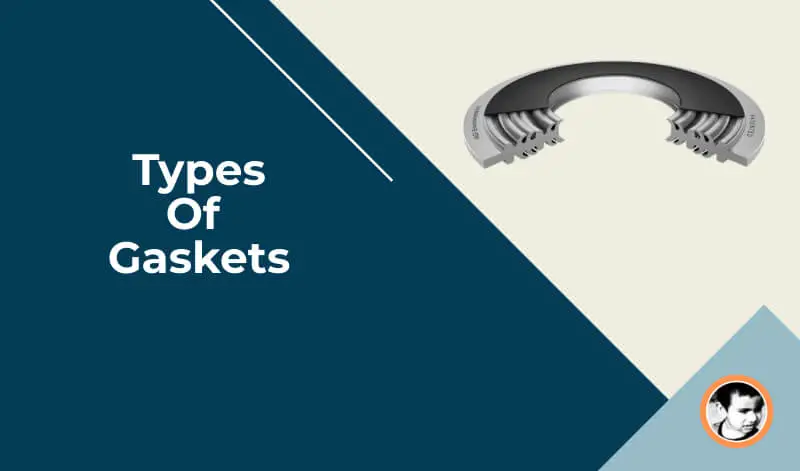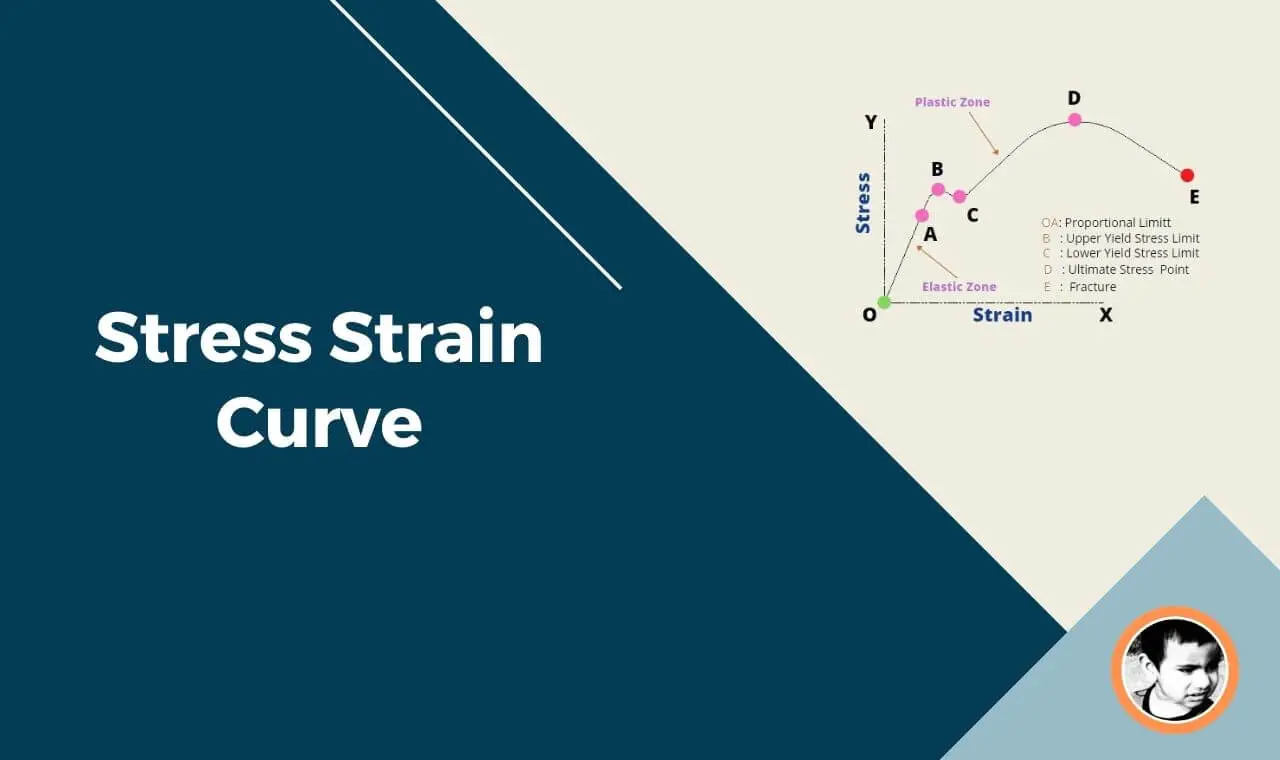Many of us have confused between Screw and bolt. From the application point of view, both do almost the same purpose. But is there any difference? Yes, It does. So let’s talk about the Difference between Screw and Bolt and find out what you have to choose between screw vs bolt in different applications.
Both screws and bolts are used as mechanical fasteners. Their primary job is to keep two or more components held together. Some application requires a higher amount of torque to keep components together and some application needs less torque. That is where the application of whether to use a screw or bolt comes into the picture. The consideration of cost also plays an important role in deciding between screw and bolt.
What Is Screw?
A screw is an externally threaded mechanical fastener used to hold two or more components hold together. A screw is one of the easiest and popular methods of holding two or more components together.
In many cases, components usually have already drilled tapped holes for screws to assemble. But In some cases, self-tapping screws can create threads by themselves. So whether to choose a self-tapping screw or not is entirely depends on application and feasibility. If you choose to go for a pre-drilled tapped hole for the screw, then there is an additional cost involved.
In the case of a screw, while assembling, the torque is applied to the screws itself. How much torque needs to be applied depends on the applications. All engineering drawings usually mention that torque values after doing different levels of testing. Screws are used for light to moderate applications where the amount of torque needed is less.
Typical example of screw are : Wooden screw, sheet metal screws, machine screws etc.
![Difference Between Screw And Bolt: Screw Vs Bolt [PDF] 1 screw vs bolt](https://www.riansclub.com/wp-content/uploads/2020/08/screw.png)
What is Bolt?
Like Screws, Bolts are also externally threaded mechanical fasteners used to hold two or more components together. But then what is the difference? Yes, there is a difference and the difference is that you need to use a nut and washer along with the bolt to fasten components.
Nuts along with the bold keep the components together. Washer plays the role of spreading out the forces to a good amount of mechanical surface so there is no localized stress. During installation, a nut is held in position by applying specified torque to keep components together.
Bolts are used for heavy-duty applications where the amount of torque required is more. Due to the use of nuts and washers, bolts are also more secure.
Typical example of bolts are : Flange bolt, carriage bolt, Elevator bolt.
![Difference Between Screw And Bolt: Screw Vs Bolt [PDF] 2 screw vs bolt](https://www.riansclub.com/wp-content/uploads/2020/08/ms-nut-and-bolt-500x500-1-300x300-1.jpg)
You may also like to read: Welding defects and remedies
How to decide when to choose Bolt or Screw
There are couple of factors that we need to consider while choosing a bolt or screw for any application. Below are those factors listed.
- Application
- Material
- Cost
Application
A screw can be used for light to moderate torque usage. Since the screw does not have any nut on the other hand, so for heavy loads, there is s chance that the screw may fail.
Bolt can be used for heavy load usage. Since nuts are used on the other hand, so it is safer. Assembling and disassembling also very easy compare to screw.
Material
Screws are best suited for softer materials as it required less amount of torque to fasten. Below is some common material where screws can be safely used.
- Sheet metal
- Plastics
- Wood
- Card Boards
- Plywood
Bolts are good for hard materials as bolts can be fastened with a huge amount of torque. But that does not mean that for stronger materials only a bolt can be used. There are instances when specially designed screws are used for strong and tough materials due to space and application concerns. Below are a few materials where the bolt can be used.
- Concrete
- Stud
- Beams
Cost
Bolts are costlier than screws. As a designer, we should always try to use a screw as much as possible without compromising the safety and function. In a project where there are too many fasteners that need to be used, using screws can save a good amount of money.
But we need to think about the other side of using screws also. Maybe for the cost concern, we started using screws, but if that comes for regular repair then the running cost will be too high compared to using bolts. An engineer should trade-off between the two by thinking long term goals.
You may also like to read: Types of CNC machines
Difference between Screw and Bolt: Screw Vs Bolt
| Screw | Bolt |
|---|---|
| Screws are used in light to the moderate loading condition | Bolts are more suited for heavy duty application |
| Torque is directly applied to the screw itself | Torque is applied to the nut |
| No Nut and washer required | Nut and washer is required |
| Screw can be fastened in un-threaded and threaded components | Bolts are used in un-threaded components |
| Low clamping force is required for screws | High clamping force is required for bolts |
| Uniform cross section is not possible | A uniform cross-section is possible |
| Screws offer moderate reliability | Bolt offers high reliability |
| Non-uniform shank | Uniform Shank |
| Screws are cheaper | Bolts are more costlier |
| Screws consume less amount of space | Bolts are not preferred where space is a concern |
Conclusion: Bolt Vs Screw
Using screws or bolts is purely depends on the application and the amount of load that will be acted on components. For light to moderate uses, screws are always preferred and screws are cheap too. But if the application demands heavy loading conditions then bolts are the only option.
I hope you could able to get a fair idea about screws and bolts. I believe that now the confusion between screw vs bolt is clear. If you still have some doubts, please do write in the comment section and I will be happy to respond.
Frequently Asked Questions ( FAQ)
What is the difference between screw and bolt?
Screws and bolts are mechanical fasteners used to join two or more components. The screw is used for lighter application whereas bolts are used for heavy application
What is Set Screw
A set screw is a special type of screw that does not have any head. It usually has internal and external threads. Often set screws are insert molded or screwed ( External thread) into plastics and the counterpart is screwed using internal threads
What is a nut?
Nuts are used along with bolts to fasten components. Nuts along with the washer and bolts hold objects together. Typically in bolts, torque is applied to nuts only.
Screw vs bolt. Which one is stronger?
Bolts are much stronger than screws.



